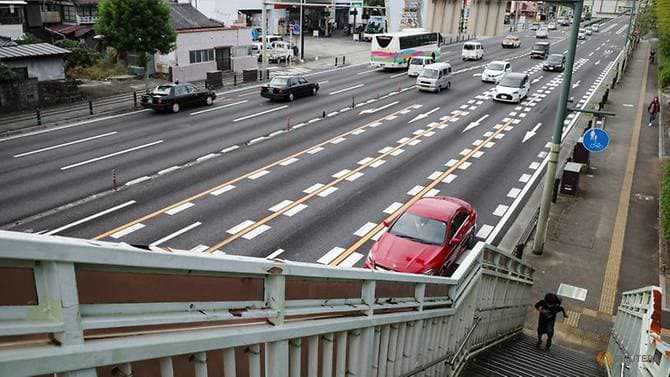Japan may ban sale of new petrol-powered cars in mid-2030s
03 December, 2020

Japan's government is considering abolishing revenue of new petrol-engine cars by the mid-2030s towards hybrid or electric vehicles in line with a worldwide shift from traditionally driven cars, public broadcaster NHK reported on Thursday (Dec 3).
The maneuver would follow Prime Minister Yoshihide Suga's pledge in October for Japan to slash carbon emissions to zero on a net basis by 2050 and make the country the second G7 nation to create a deadline for phasing out petrol vehicles in just a little over two weeks.
Japan's industry ministry might map out an idea by the year-end, chief government spokesman Katsunobu Kato told a good news conference on Thursday.
The ministry is considering requiring new vehicles to be electric cars including hybrid vehicles, NHK reported earlier, adding the ministry would finalise a formal target following expert-panel debates as soon as the year-end.
In Japan, the share of electrical vehicles is likely to increase to 55 per cent in 2030, Boston Consulting Group said in a written report on leads for battery-powered cars.
Globally, "the speed of expansion of the share of electric vehicles will accelerate because of the fact that battery prices are falling quicker than previously expected", Boston Consulting said in the report.
THE UK will ban sales of brand-new petrol and diesel-powered cars and vans from 2030, bringing forward the phase-out time by five years in what Prime Minister Boris Johnson called a "green revolution".
Japan, China and South Korea just lately announced firm targets to get rid of net emissions of carbon, which includes given momentum for businesses and banks to force for cutbacks to hold global warming in balance.
Policies and investments within the next couple of years will be imperative to setting up the pathways to carbon neutrality, environment activists and energy transition strategists all agree.
Source:
